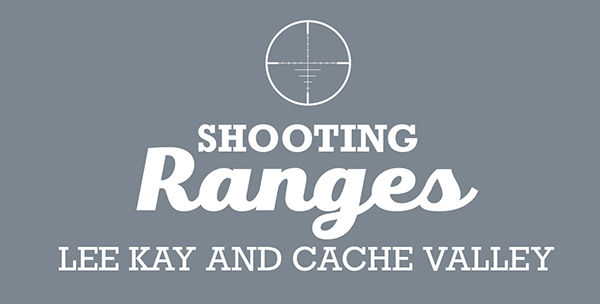Cooperative Wildlife Management Units
Information about the CWMU program
The Cooperative Wildlife Management Unit (CWMU) program has opened more than two million acres of private land to the public. The program provides an abundance of benefits to the state's economy and its wildlife.
Landowners have incentive to keep their private range and forest lands as wildlife habitat instead of developing them, while sportsmen have more opportunities to take an animal, with fewer hunters to compete with.
Hunts on participating CWMUs
- CWMU antlerless deer
- CWMU buck deer
- CWMU antlerless elk
- CWMU bull elk
- CWMU bull moose
- CWMU buck pronghorn
- CWMU doe pronghorn
Obtaining a CWMU permit
If you're a Utah resident, there are two ways to obtain a CWMU permit:
- Apply for one in the state's public drawing
- Obtain a permit voucher from the landowner or operator of the CWMU
CWMU landowner association members and operators — and their spouses and dependent children — cannot apply for CWMU permits in the public drawing.
If you're not a resident of Utah, you cannot apply for a CWMU permit in the public drawing. You can, however, obtain a permit voucher directly from the CWMU landowner or operator.
If you obtain a CWMU voucher, you can redeem it for a permit by mailing the voucher to:
CWMU Front Desk
Division of Wildlife Resources
P.O. Box 146301
Salt Lake City, Utah 84114-6301
— (Please allow 10 to 14 days for processing.)
You can also redeem the voucher at any DWR office or online.
If you obtain a CWMU permit, you may hunt only on the CWMU specified on your permit. You may take only one animal of the species and sex listed on the permit. You may not obtain more than one pronghorn, one moose, one buck deer or one bull elk permit in a year. But you may obtain an antlerless deer or antlerless elk permit.
How to participate
If you draw a permit to hunt a CWMU, you must contact the CWMU operator to obtain the following:
- The dates you'll be allowed to hunt within the legal CWMU hunting season framework. Both you and the operator must schedule around each of your individual needs — please be realistic and patient.
- A map of the CWMU showing access points and the acreage you'll be allowed to hunt. The CWMU should provide the same amount of acreage to both public and private hunters.
- A copy of the CWMU's rules. CWMUs are allowed to develop rules of conduct for their unit. Examples of these rules may include: no preseason scouting; checking into and out of the unit daily; limited vehicle access; no overnight camping; a marksmanship test; and limiting the number of hunting companions. If you fail to abide by these rules, you might be asked to leave the CWMU.
Reporting your harvest success
If you obtain a CWMU permit, you must report information about your hunt within 30 days after it ends.
This information is required even if you didn't harvest an animal. If you harvested an animal, reporting your harvest is also an ideal time to return your tooth packet. You can report information about your hunt online.
Complaint process
To lodge a complaint against a CWMU, contact the Division of Wildlife Resources. Field biologists and conservation officers can supply you with a complaint form, or you can make the complaint in person or over the telephone.
You and the CWMU operator should make every effort to resolve the problem before escalating it to the DWR. If the problem cannot be resolved locally, it may be passed on to a CWMU Advisory Committee for review and possible action.
How landowners can get involved
Landowners that have an interest in this program must have a minimum of 5,000 contiguous acres to manage a deer, pronghorn or turkey and a minimum of 10,000 contiguous acres for elk or moose.
Numerous landowners may join together to form a single CWMU which must consist of private lands.
A management plan must be written by the CWMU with the help of an area biologist; the management plan acts as a contract between the landowner and the DWR.
Permit numbers are jointly determined by the CWMU and the DWR biologists and are split between the CWMU (private) and the public.
Public hunters must have hunting opportunity that is comparable to the private hunters. This is a cornerstone of the CWMU program.
Landowners can obtain specific information from the DWR Administrative Rule R657-37. This is the rule that governs the CWMU program from any Division office.
CWMU Advisory Committee Meetings
January 2021
February 2022
February 2023
March 2024
August 2025
February 2026
- Feb. 17
- Agenda (PDF)
- Watch live

















